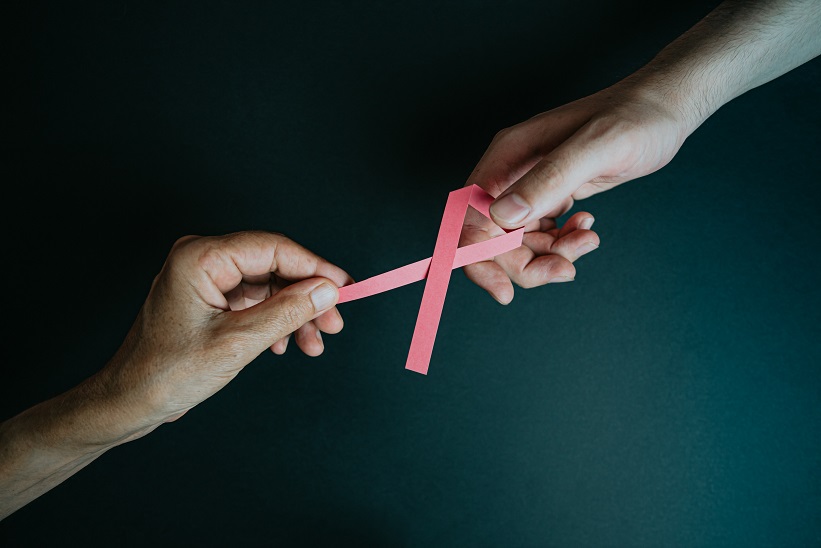The stress and worry that cancer patients experience suggests they would benefit from mental health services.
New research out of the Huntsman Cancer Institute shows there’s a need to increase accessibility to mental health services for those diagnosed and living with cancer, particularly Hodgkin lymphoma. According to Mayo Clinic, Hodgkin’s lymphoma is a cancer that affects the lymphatic system. Lymphocytes (white blood cells) grow out of control, causing swollen lymph nodes and growths throughout the body. Unfortunately, it is a cancer that commonly affects individuals in their prime of life, and thus, typically catches patients completely off guard.
“I was diagnosed May 5th with Hodgkin lymphoma,” said Gretchen Baldwin, a registered nurse working at Memorial Hospital in Rock Springs, Wyoming. “I wish people would talk more about it. When you think of cancer, you think of people losing their hair or whatnot, but going through cancer, it really opened my eyes of what you really go through.”

Although she is now in remission, she says she lives in fear that the cancer will return and take her life. This supports the need for mental health services for those recently diagnosed, as well as survivors and those in the throes of radiation and chemotherapy.
“People think, ‘Oh you’re in remission, you don’t think about cancer anymore,’ but no, it’s on my mind every single day,” Baldwin said.
“It’s such an appropriate response to have stress, anxiety and depression over such a life-changing diagnosis as cancer, even if you’re told this is a good prognosis [and] you’re going to do well,” said lead author Dr. Randa Tao with the Huntsman Cancer Institute. “It is surprising, but it’s not. It just makes complete sense.”
Tao’s findings were recently published in the American Cancer Society Journals. The team pulled data on patients who were diagnosed with Hodgkin lymphoma between 1997 and 2014 from Utah Cancer Registry. Each was matched with five individuals from the general population in the Utah Population Database. Patients with Hodgkin’s lymphoma had “higher risks of anxiety, depression, substance-related disorders, and suicide and intentional self-inflicted injuries compared with the general population.”
Furthermore, “the diagnosis of any mental health disorder among patients with Hodgkin lymphoma was associated with a detrimental impact on overall survival; the 10-year overall survival rate was 70% in patients who had a mental health diagnosis compared with 86% in those patients without a mental health diagnosis.”
“There’s been so many studies done on just the physical effects of cancer, but nobody has explored the topic of psychosocial mental health well-being, so I think this an important first step,” Tao said. “As physicians, we need to be more aware of that, and think of ways that we can better support patients’ mental health in addition to all the things we try to do to support their physical health.”
Baldwin wishes she would have sought help for her own mental health sooner and emphasizes the importance of this.
“If I could tell someone who’s going through it, I would start earlier, you know, talking to someone. Getting that support earlier rather than later,” she said.
Sources:
Mental Health Disorders May Negatively Impact Survival in Patients With HL
Hodgkin’s lymphoma (Hodgkin’s disease) – Mayo Clinic
Utah cancer center study shows patients’ need for mental health treatment


Join the conversation!